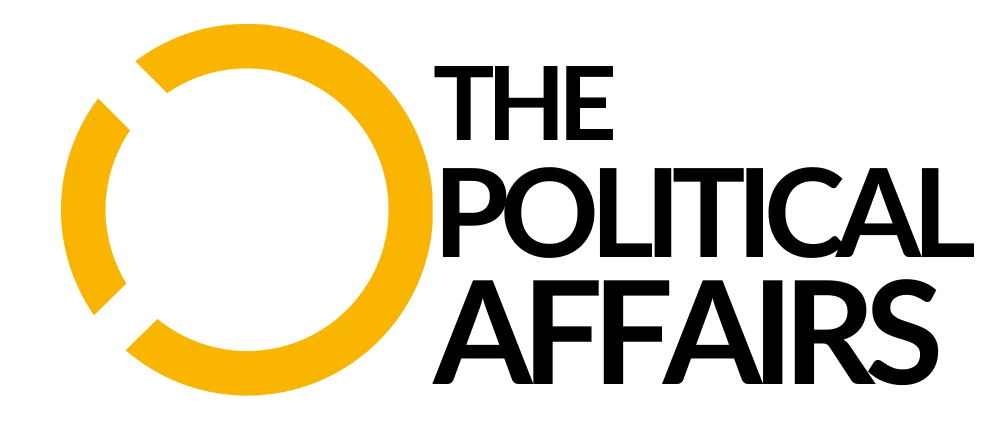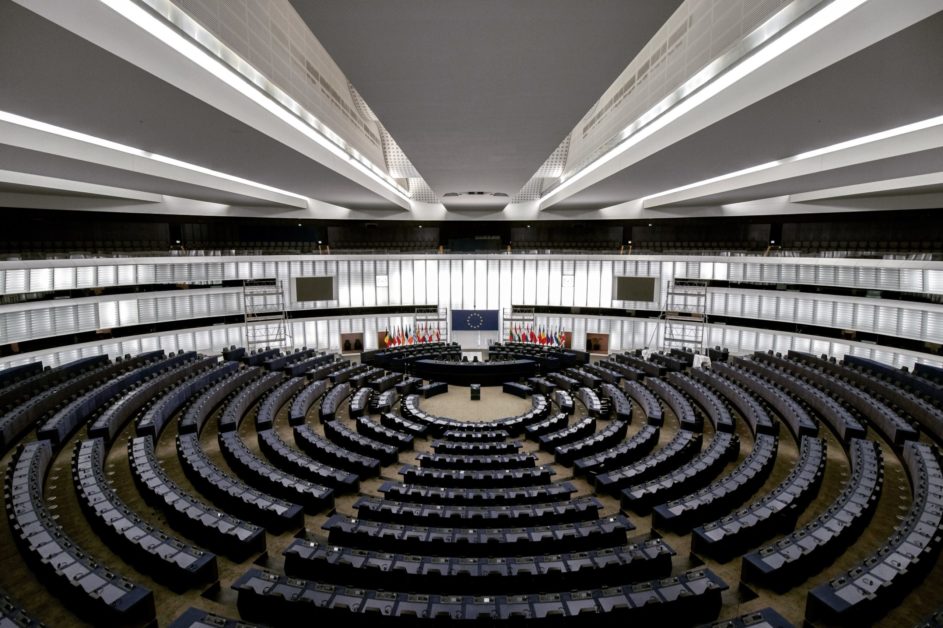The concept of Europeanization is a very broad, comprehensive and sometimes insufficiently defined process with different interpretations. Or, as Paolo Graziano and Maarten Vink are claiming, we are still in the “ontological” stage in European studies because many different definitions can be found.
The term covers a broad spectrum, starting from the reasons for the establishment of supranational EU institutions, further the influence from these institutions on the countries and vice versa, and towards socialization and the formation of a new European identity. In order not to get into a theoretical and conceptual trap, the process will be simplified by presenting a minimum academic background to have a correct and clear picture this concept implies in international relations.
The establishment and launch of a new regional project from an ordinary agreement on the liberalization of the steel and coal industry to a strong supranational and international player such as the EU must indeed contain strong theoretical arguments and postulates that will describe such progress.
Sociological liberalism and Europeanization
The answer lies in the teaching of sociological liberalism, which is a branch of the school of neoliberalism. The development of Europe after the Second World War has led to a “higher level of trade, communication, cultural exchange and other relationships and transactions across borders”. These cross-border linking activities will create the integrated “security community” theorized by Karl Deutsch which has increased the price of war and lowered the possibility of a conflict between Western countries as something that does not even exist.
Furthermore, according to Robert Keohane and Joseph Nye, relations between Western countries are characterized by “complex interdependence”, and because of this the topic on military security no longer dominates the agenda where military force is not a useful policy in such conditions. According to them, in the past country leaders were the main drivers of foreign policy, and “high politics” dominated the agenda. This is no longer true when we have a complex interdependence whose birth has been identified since the middle of the last century with the “long-lasting development of the welfare state”.
Increased transnational relations will increase interdependence where liberals claim that “the high division of labor created by interdependence reduces the chance of war”. According to this teaching, where there is increased interdependence, states will form institutions to solve common problems.
Increased interdependence is the fuel of Europeanization
Interdependence as a concept may perhaps most adequately be explained by the functionalist theory, which argues that increased cooperation in the economic and technical field will bring common benefits to “common problems” that would enhance peace.
Not believing that “technical” things can be separated from the political, Ernst Haas further develops the theory of neo-functionalism that deals with international integration. According to Haas, integration is a process where self-interested political elites intensify cooperation in which “political actors are convinced to change their loyalties … against a new centre whose institutions hold or require jurisdiction over existing national states”.
The whole concept is orbiting around the effect of “spillover” where increased cooperation in one area is then rationally merged into cooperation in another area “pushing the elites toward increased integration” for the necessary political coordination.
Who shapes the process of Europeanization?
There are different opinions about who is driving the process into supranational institutions, whether it is the pressure from neo-functionalism and the accelerated economic sectoral cooperation that melts into political integration or the nation-states themselves. For supporters of the second direction, however, the leading promoter and founder of supranational institutions are the national states. According to the intergovernmental model, the national states themselves are the main engine of regional integration. Probably in the European example, both sides are right, and the process is jointly shaped by many factors, of which the strongest and most authoritative one is the nation-state.
Also, as much it is important to explain who shapes the process of Europeanization; it is also essential to describe the way which the entire process takes place. As before, here, we find two equally important explanations. According to the literature of social constructivists, it is because of “participation in common institutional structures where players change their identities and hence their actions”.
Such participation process can take place from “top-down” and “bottom-up” direction. In the first way, the change and the process of Europeanization comes directly from supranational institutions and from the elites involved in the institutional network of the EU that mobilizes the domestic population to change their perceptions and to establish new rules of the game.
While in the second, the change comes from non-state actors who “unite in their support for international norms and mobilize to induce decision-makers to change state policies”. Both ways are interactively important because member states “affected by the process of EU integration are at the same time the players who initiate and shape this process”. In other words, there is a dual reinforcement link for the countries that are integrated into the EU.”
The full text of this article was first written in 2017 in Master Thesis: “The role of the EU in resolving frozen conflicts in the “Eastern Partnership” through the prism of realism”, University “St. Cyril and Methodius”, Law School Iustinianus Primus- Skopje

